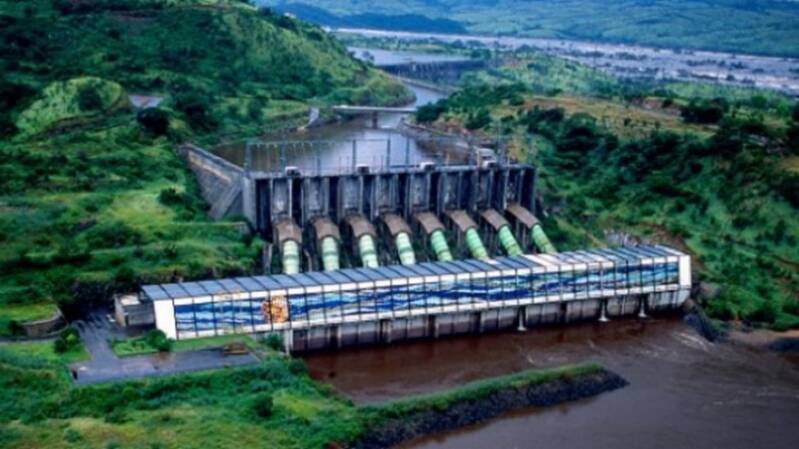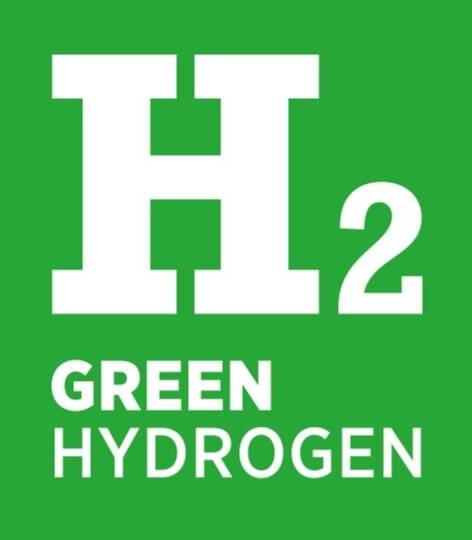GRAND INGA 44 GW Project DR CONGO
Completion of Inga hydroelectric power stations – A new Deep Sea port in Banana
Potential power Inga hydroelectric power plants DRC: equal to 35 electro-nuclear reactors at one fourth of the cost of nuclear power


Inga Falls, a series of waterfalls and rapids, located in the DR Congo, are known to be the largest and most powerful set of rapids in the world. The GRAND INGA 44 GW project can generate green electricity on a massive scale, thanks to standard, tested technology and hydropower, at one quarter of the construction cost of nuclear power plants and a much lower operating cost.
An opportunity for political Europe, together with industrial giants in hydraulic engineering and electrical energy technology and their bankers, to propose to President Tshisekedi a private-public partnership for the realisation and operation of "his" GRAND INGA 44 GW project and to "earn" a geopolitical partnership with the whole of Africa.
Shouldn't Europe prepare for the fact that, despite mega-subsidies for CO2 capture and storage, energy-guzzling industries move to locations close to the source of affordable green hydrogen?
In order to defuse the triple crisis "EU dependence on Putin's gas" & "CO2 emissions" & "Energy" and to guarantee employment in European energy-consuming industries (petrochemicals, steel, cement), Europe heavily subsidises the development of technologies for CO2 capture and storage, and European countries are looking for green hydrogen in the Middle East (Oman), in the Sahara (Morocco, Mauritania), in the Kalahari (Namibia) up to and including "windy-Patagonia-Chile".
Visionaire shipowners are greening their fleets and respond to new needs (CMB-Alexander Saverys).
The crises "Putin" & "Climate" are currently displacing the latent crisis "African demographic time bomb". Every year, 12 million young people enter the labour market, only 8 percent find a decent job: a breeding ground for the spread of extreme ideologies, conflicts and forced migration.
‘‘The key reform to be undertaken is the structural transformation of Africa, hankered on industrialisation. The value chain integration between Africa and Europe and increased exports of manufactured and agro-processed goods’
(Albert Muchanga, African Union Commissioner for Economic Development and Industry, 18/2/2022, AU-EU Summit, Brussels)
That is why, in its final declaration of the EU-AU summit in Brussels (february 2022), the African Union, in addition to a call for debt relief, highlighted the large-scale industrialisation of its continent. AU President Macky Sall (Senegal) also drew attention to the common EU-AU climate issue ‘Nous n'avons pas eu le même passé, vous et nous, mais nous aurons le même avenir.’
Five African press clippings provide more insights about a new deep-sea port in the DRC (Banana) and about the Inga Waterfalls as a power source for the production of green hydrogen.
When fully deployed, the Inga hydroelectric power plant, 30 km from Matadi, has a potential capacity of 44 GW (44 nuclear reactors), almost double the world's largest hydroelectric power plant, the Chinese 22.7 GW Three Gorges Dam.
Inga makes use of differences in the level of the Congo River with less need for dams and less complex consequences for the population, geology, the environment and biodiversity than the Three Gorges Dam
The industrialisation of the Banana-Boma-Matadi-Inga region, thanks to its huge eternally renewable green energy sources and deep-sea port, is capable:
- to supply mega-growth poles of West and Central Africa with steel, cement, petrochemicals and fertilisers, with negligible CO2 emissions; the shipment is also powered by Inga hydrogen;
- to act as a driver of labour-intensive manufacturing industrialisation in the DRC through the local, climate-friendly transformation of African raw materials and massive partnerships between African and European industrial SMEs;
- to accelerate industrialisation and stability of the institutions of the whole of Africa through its exemplary role;
- create a mega-market in Africa - 25% of the world's population - for innovative, more recyclable EU products and for high-value-added services;
- to compensate for job losses in Europe - by moving energy-consuming industries close to energy sources -thanks to new African purchasing power.
“War is the greatest of all agents of change” (Orwell, 1941).
Therefore, the suggestion that academics, with an interest in the creation of jobs and prosperity in Central Africa, investigate the economic, social and geopolitical impact of the relocation of European energy-consuming industries close to African green energy sources and feed politics and business with a holistic, substantiated, hopeful, but decisive advice.
PS: Four thousand billion euros, invested over the past 65 years in "development aid, international solidarity, CSR, capacity building start-ups, SDGs", has failed to curb the asymmetry in prosperity between the West and Africa. During all this time, industrialised countries continued to create value and jobs at home – not in Africa – thanks to the transformation of African soil resources. Is it any wonder, then, that half of African countries did not sign a recent United Nations motion condemning Russia's invasion of Ukraine? EU industrial for-profit investments in Africa, and partnerships between established industrial SMEs, rather than well-intentioned solidarity, can finally bring real independence to this continent and enable former colonisers to earn Africa's trust.

Circular Know-How Economy Africa-Europe – Mobility SMEs & Young Professionals
karel.uyttendaele { @ } pandora.be
18/5/2022


Maak jouw eigen website met JouwWeb